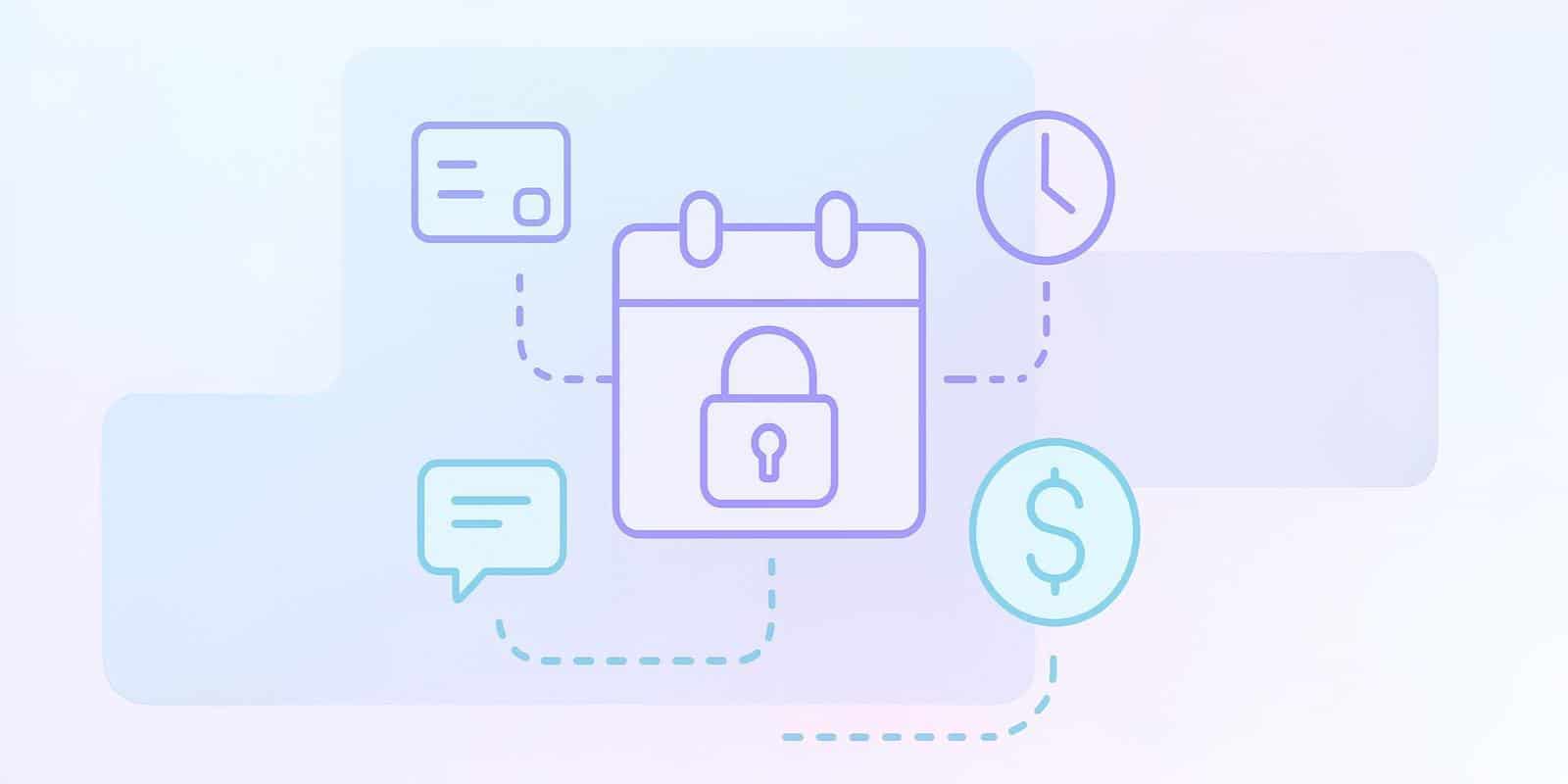SaaS Payments
What is a Payment Hold?

What is a payment hold?
A temporary authorization known as a payment hold lowers your available balance without instantly deducting the money. It is a reservation of funds to guarantee that the transaction can be finished later rather than a final charge.
The reserved funds are not available for further withdrawals or purchases due to this temporary hold. You risk having your transaction rejected or incurring an overdraft fee if you try to use these reserved funds.
A hold is a pending stage in a successful payment, whereas a failed transaction is a total rejection. This is the main distinction between the two.
|
Feature |
Payment Hold |
Failed Transaction |
|
Status |
Temporary authorization; transaction is pending. |
Final rejection; the transaction is stopped. |
|
Fund Impact |
Reduces the available balance or credit. |
No impact on the account balance. |
|
Outcome |
The transaction is either finalized or expires. |
The transaction is void and must be re-initiated. |
Why are payment holds used?
A common and secure technique for risk management and security for both buyers and sellers is the usage of payment holds. They serve as a safeguard, giving merchants and payment processors time to confirm funds and guarantee the validity of a transaction.
Their main objectives are:
- Prevention of Fraud: They guard against fraud, illegal transactions, and other fraudulent activity.
- Fund Guarantee: They guarantee that there are enough funds on hand to cover a payment, avoiding both buyer overdrafts and seller nonpayment.
- Buyer protection: They guarantee that the seller can complete their commitment prior to the full release of payments.
In which situations are payment holds most common?
Holds are used deliberately when there is a perceived danger or when the total value of the transaction could fluctuate.
- Online purchases from unknown or unfamiliar vendors are examples of such situations.
- Transactions with valuable goods.
- Services like hotel stays or automobile rentals that have varying final costs.
- Purchases in which, after the first authorization, extra fees, such as delivery or tips, may be added.
How long do holds last?
Duration of Holds
The length of a payment hold can vary depending on the payment method and specific circumstances.
- Credit & Debit Cards: Holds typically last between 24 hours and 7 business days.
- PayPal: Funds may be held for up to 21 days, especially for new sellers or higher-risk transactions.
It is always best to check with your payment provider for their specific policies.
Potential Issues
While protective, payment holds can sometimes lead to problems:
- Duplicate Holds: Can occur by mistake, tying up funds unnecessarily and reducing your available balance.
- Transaction Rejections: If a hold consumes too much of your available credit or balance, subsequent transactions may be declined.
- Delayed Access to Funds: For sellers, especially small businesses, holds can disrupt cash flow by delaying access to payments.
How can individuals and businesses avoid payment holds?
While not always avoidable, you can take proactive steps to minimize the chances of a payment hold:
- Complete All Verification: Promptly provide accurate and up-to-date information for any verification processes requested by a bank or payment gateway.
- Comply with Security Standards: Businesses handling card data should adhere to standards like PCI DSS.
- Use Security Tools: Implement two-factor authentication for customer accounts and use address verification services (AVS) to confirm billing addresses.
- Maintain Clear Communication: Businesses should be transparent with customers about payment processing times and potential delays.
- Monitor Account Activity: Regularly review your transaction history and dispute any unauthorized charges immediately.
Is it legal for companies to hold funds?
In general, it is acceptable for payment gateways to store funds. Strict adherence to regulations and the conditions specified in their merchant account agreements control their behavior.
It is frequently necessary for payment processors to temporarily retain cash in order to reduce risks such as chargebacks and fraud. Additionally, they are required by laws like KYC (Know Your Customer) and AML (Anti-Money Laundering) to keep an eye on transactions and may retain money connected to questionable activities. To learn the terms under which funds may be retained, merchants should carefully read their agreements.
Conclusion
A SaaS payment hold is a normal and legal part of modern financial security. Although having your available cash momentarily decreased can be irritating, this procedure is necessary to guard against fraud and guarantee that transactions are authentic. You can handle digital payments more confidently and manage your money more effectively if you know why and when holds happen.